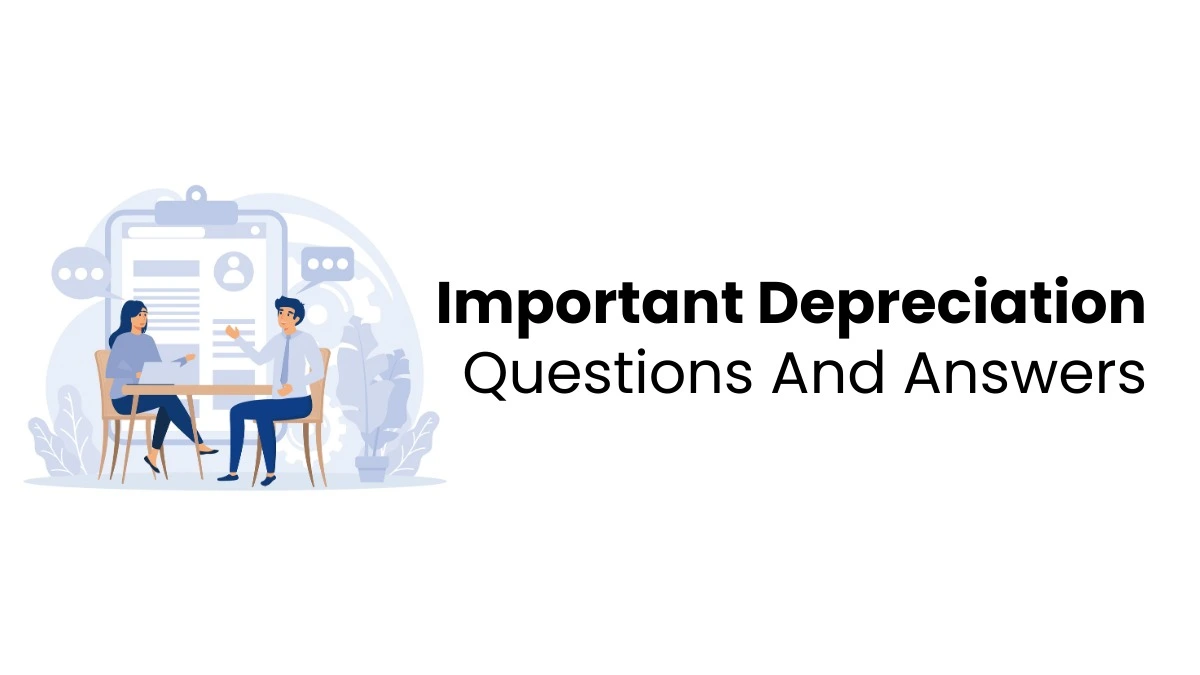Learning the basic accounting concepts is the first step to becoming a successful accountant. Accounts are the pillars of any business. For a business to run, money is needed. To manage money effectively, all transactions must be accurately recorded. Only when everything is recorded can we accurately evaluate whether the business is worthwhile or not. Let’s explain it through an example.
Mohan, a sole trader, is going to start a textile business. For this, he has to invest some money to take stock of textiles. The money that he invests is the capital of the business. With this money, he will purchase textiles by obtaining several quotations from retailers. Since he will be buying in bulk, he will be getting a trade discount. He will conduct business for one month, and depending on demand, he may need to make additional purchases. Let’s take a look at all basic accounts he has to manage. It’s not an exhaustive list, but an inclusive one.
Before starting, Mohan met with an accountant to understand the accounting basics required for his business. He learned that every financial activity should be tracked properly in accounting books. This includes even small expenses like transport fare or stationery. This awareness helped Mohan form a clear foundation for managing his business finances.
- Rent
For a business to start, it will have to take a place for rent. Rental expenses are accounted for in the Profit and Loss statement.
- Salary
He will have to hire the services of someone to do the trading. The salary includes DA, TA, and all other amenities required for employees, which are taken into account. The purchases of textiles from retailers constitute direct expenditure, whereas salaries and rent constitute indirect expenditure.
Mohan also learned about the importance of maintaining a proper journal entry system. Every transaction, whether it’s an income or an expense, must be recorded in chronological order. This method, part of accounting basics, ensures that when it’s time to prepare final accounts, all necessary data is already in place and verified.
- Miscellaneous Expenses
Any expenses which are of a small amount shall be clubbed under this head.
- Fixed Assets
There will be the purchase of machinery and other equipment. Since these types of assets can be capitalised for more than one year, they should be classified under Fixed Assets. Fixed assets are subject to wear and tear due to usage. So, depreciation should be taken into account, and it shall be debited to the Profit and Loss account.
As Mohan’s business grows, he notices the importance of creating budgets and forecasting sales. These are often overlooked by beginners but are essential components in understanding accounting basics. Forecasting helps him prepare for future demand, make informed purchase decisions, and avoid overstocking or cash shortages.
- Cash and bank accounts
The cash a person brings to the business is considered capital. Day-to-day expenses are managed through a petty cash account. Sometimes he will receive money from debtors via a bank account. Therefore, he must establish a bank account in his business name and keep it separate from his personal expenses.
- Debtors and creditors
For the smooth running of the business, debtors shall be given a proper collection period. Creditors will also allow deferring the payment. There shall be proper management of these two to maintain the liquidity of cash. Debtors shall be paid within the period to avail of the discount.
Mohan began to realise that the better he managed his accounts, the clearer his business performance would become. This transparency allowed him to apply for small business loans by showing accurate records. The basics he had learned became the backbone for presenting financial statements confidently to banks and investors.
- Bank Accounts
A bank account will be established for the company, and all transactions will be routed through this account. Periodically, a reconciliation statement is to be prepared to confirm balances.
Lastly, Mohan ensured the use of accounting software to automate much of the data entry. This not only reduced manual errors but also helped him track receivables, payables, and generate reports easily. Mastering these tools represented a modern approach to accounting basics, enabling him to stay compliant and audit-ready.
For all businesses, whether small or big, these accounting heads are inevitable. An accountant’s duty is to provide correct information to management and assist them in decision-making. Grasping the basic accounting concepts is an important first step toward running a successful business.










